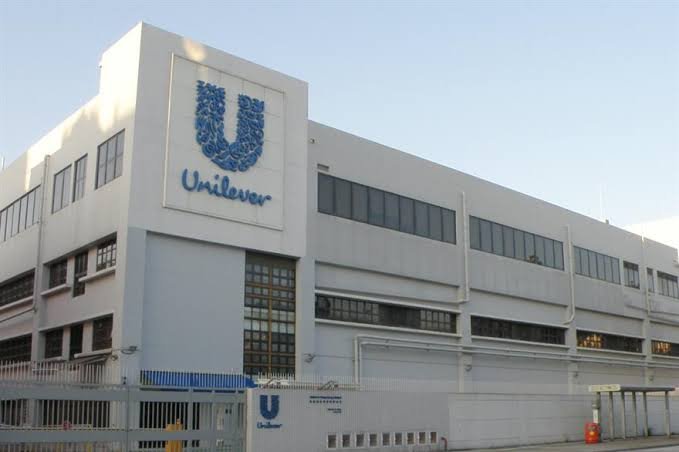
Unilever CEO Hein Schumacher has announced that Nelson Peltz, a billionaire activist and Unilever board member, is fully supportive of the company’s new strategy to reinvigorate the business. This comes despite some investors remaining skeptical about the company’s performance in recent years. Schumacher stated that he plans to implement a “systematic” marketing strategy for Unilever’s top brands, which include Dove soap, Hellmann’s condiments, and Ben & Jerry’s ice cream. He also stated that he will not hesitate to streamline the company’s workforce, which currently stands at 127,000 employees. Schumacher’s predecessor, Alan Jope, was criticized for allowing Unilever’s brand portfolio to grow to around 400, which left management with too little time to focus on the company’s best-performing brands.
Investors also criticized Unilever for not recovering margins following the pandemic and for placing too much emphasis on sustainability. Terry Smith from Fundsmith, for example, criticized Unilever for being “obsessed” with sustainability at the expense of performance. When Unilever reported its fourth-quarter earnings last week, some investors and analysts criticized the company for not regaining lost market share quickly enough and for letting margins slide.
Reports emerged in January 2022 that Nelson Peltz had been building a stake in Unilever through his Trian Partners investment fund. He eventually took a seat on Unilever’s board in July of that year. As of March 2023, Trian Partners has a 1.45% stake in Unilever, according to LSEG data. Schumacher stated that Peltz’s views are very much in line with Unilever’s growth strategy, which involves focusing on its top 30 brands that represent more than 70% of sales, investing in innovation, and working towards better operating discipline. Peltz also likes Unilever’s model of splitting its business lines by category instead of region, which is similar to what Trian is thought to have influenced at rival P&G and contrasts with Nestle’s geographically-focused structure. Unilever launched a 1.5 billion euro ($1.6 billion) share buyback last week after volumes increased for the first time in 10 quarters. Its nutrition and ice cream businesses were the only ones to report fourth quarter volume sales falls. Schumacher worked with Peltz at HJ Heinz when the activist investor was orchestrating a merger with Kraft Foods. His appointment as Unilever CEO was warmly welcomed by Peltz, who has a track record of shaking up consumer goods companies. Schumacher’s top priorities after his appointment included “performance culture changes”.
“That will mean that some part of the workforce will say ‘not for me’,” he said. Under Schumacher’s leadership, Unilever has overhauled much of its leadership team, replacing executives such as long-time finance chief Graeme Pitkethly and appointing others like Esi Eggleston Bracey, who is now head of growth and marketing officer. Schumacher wants Eggleston Bracey to create a clear two-to-three-year roadmap on market development for Unilever’s top brands. “We don’t have it today as systematic as I’d like it to be,” he added. Some investors told Reuters in October that they were disappointed when Schumacher initially outlined long-awaited strategic plans, saying they would have preferred a more in-depth restructuring. “I’m now in the mode of ‘okay, I heard you and this is what we’re doing about it,” he said. “History will judge whether I will be a good or bad CEO.”